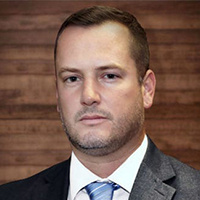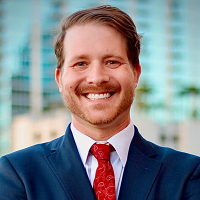Trilby Collection Lawyer, Florida
Sponsored Law Firm
-
 x
x

Click For More Info:
-
Law Offices of Robert M. Geller, P.A.
807 West Azeele Street Tampa, FL 33606 » view mapBankruptcy Law Attorneys - Hillsborough County Bridging You A Brighter Future
It is our firm's philosophy and goal to give each client the individual attention he or she needs in difficult times. Call for a free initial consultation.
800-811-8031  Robert Geller Tampa, FL
Robert Geller Tampa, FLAttorney At Law - Florida, 1986
Levin College of Law, J.D. - 1985
 Bankruptcy Law Firm
Bankruptcy Law FirmWe have helped thousands of clients make a fresh financial start.
 Contact UsEmail or Call 24/7
Contact UsEmail or Call 24/7Call for initial free consultation, 800-811-8031.
James W. Elliott
✓ VERIFIEDJames Elliott is a native of Tampa, Florida. After graduating from Tampa Jesuit High School, he attended the University of Florida where he received a... (more)
Frank H Kerney
✓ VERIFIEDFrank Kerney III is a managing partner of The Consumer Lawyers. Frank grew up in central New Jersey before moving to Florida to attend the University ... (more)


 Robert Geller Tampa, FL
Robert Geller Tampa, FL Contact UsEmail or Call 24/7
Contact UsEmail or Call 24/7


